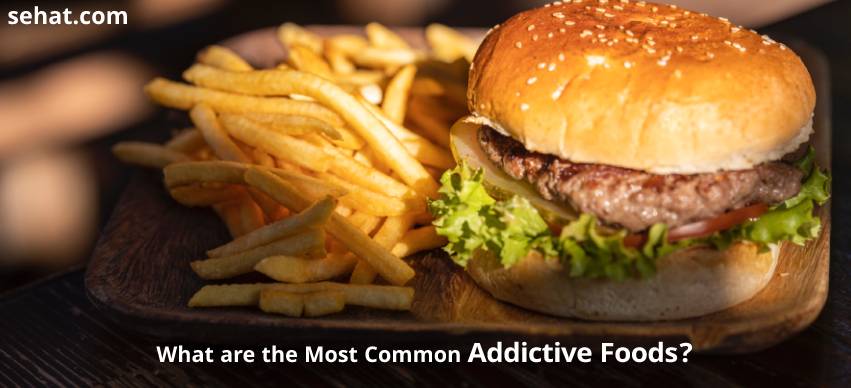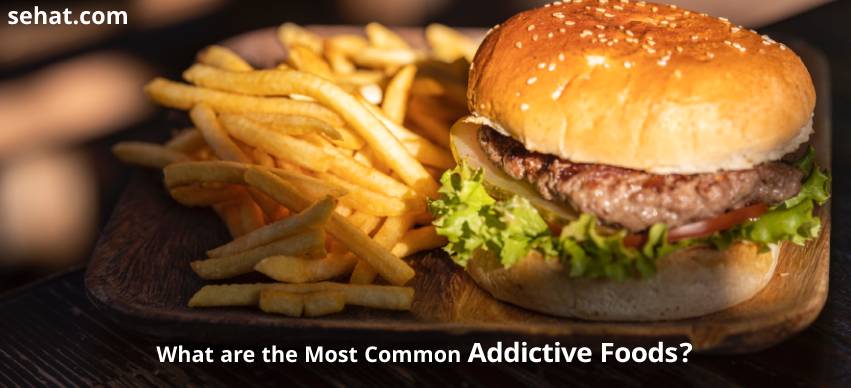
Many of us have experienced a craving for a particular food, whether it's something sweet, salty, or savory. But for some people, these cravings can turn into a full-blown addiction, leading to overeating, weight gain, and other health problems. Here are some of the most common addictive foods and what you can do to break the cycle of addiction.
- Sugar: Sugar is one of the most commonly addictive foods. It activates the reward centers in our brains, leading to cravings and over consumption. Some of the most addictive sugary foods include candy, chocolate, and soda.
- Salt: Like sugar, salt can also be addictive, particularly for those who have a high salt intake. Salty snacks like chips and pretzels can be particularly addictive, as they activate the same reward centers in the brain as sugar.
- Processed Foods: Processed foods are often high in sugar, salt, and fat, making them particularly addictive. These foods include things like fast food, packaged snacks, and frozen dinners.
- Dairy: Dairy products like cheese and ice cream can be addictive due to their high fat and sugar content. The casein protein found in s can also be addictive for some people.
- Caffeine: Caffeine is a stimulant that can be found in many foods and beverages, including coffee, tea, and chocolate. While caffeine addiction is generally less severe than other types of addiction, it can still lead to cravings and withdrawal symptoms.
Breaking the Cycle of Addiction
If you think you are addicted to certain foods, there are steps you can take to break the cycle. Here are some tips for overcoming food addiction:
- Identify Trigger Foods: Take note of the foods that trigger your cravings and try to avoid them as much as possible.
- Practice Mindful Eating: Pay attention to your body's hunger signals and eat slowly, savoring each bite.
- Seek Support: Consider joining a support group or seeking the help of a therapist or nutritionist who specializes in food addiction.
- Get Enough Sleep: Lack of sleep can lead to increased cravings for unhealthy foods, so make sure you're getting enough rest.
- Focus on Whole Foods: Stick to whole, unprocessed foods as much as possible, as they are less likely to be addictive and are generally healthier for you.
In conclusion, food addiction is a real and serious problem for many people. By understanding the most common addictive foods and taking steps to break the cycle of addiction, you can improve your overall health and well-being. Remember, it's never too late to make positive changes in your diet and lifestyle. With determination, support, and a focus on whole, nutritious foods, you can overcome food addiction and live a healthier, happier life.

